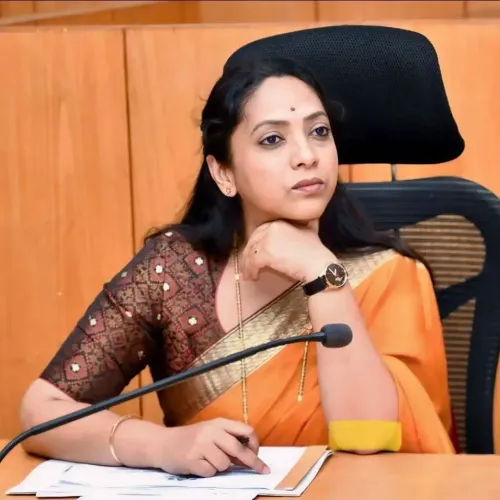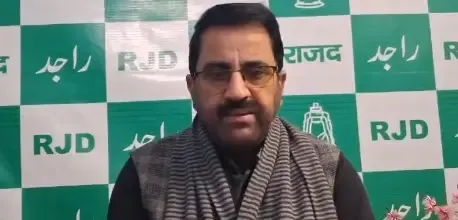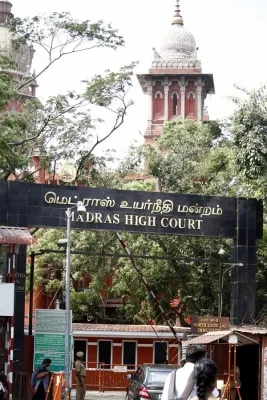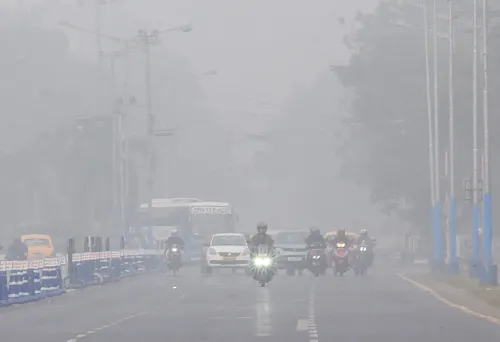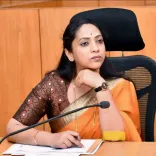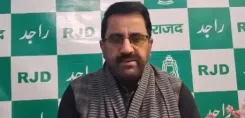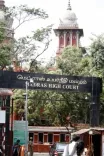Will PM Modi Meet Mauritian PM Ramgoolam in Varanasi Today?
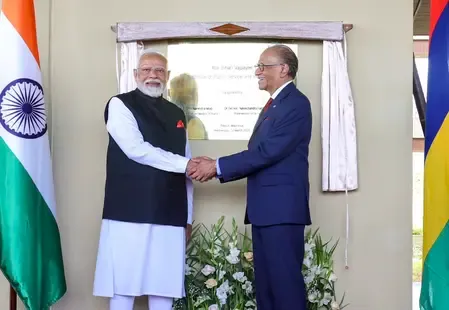
Synopsis
Key Takeaways
- Significant bilateral meeting between PM Modi and PM Ramgoolam.
- Focus on enhancing development partnerships and collaboration.
- Strengthening of historical and cultural ties between India and Mauritius.
- Exploration of new opportunities in sectors like healthcare and education.
- Reinforcement of the Global South's aspirations through strategic cooperation.
Varanasi, Sep 11 (NationPress) Prime Minister Narendra Modi is set to engage in bilateral discussions with his Mauritian counterpart, Navinchandra Ramgoolam, in his parliamentary district of Varanasi on Thursday.
At approximately 11:30 a.m., PM Modi will welcome Ramgoolam, who is visiting India from September 9-16. The city has been ornately decorated in anticipation of this high-profile summit.
This meeting in the historic city of Varanasi will emphasize the deep civilizational ties, spiritual connections, and longstanding people-to-people relationships that have shaped the unique bond between India and Mauritius.
During their discussions, the leaders are expected to evaluate the comprehensive spectrum of collaboration, focusing particularly on development partnerships and capacity enhancement.
Additionally, they will look into new opportunities for cooperation in sectors such as healthcare, education, science and technology, energy, and infrastructure, with an emphasis on renewable energy, digital public infrastructure, and the blue economy.
This forthcoming dialogue builds on the positive momentum from PM Modi's state visit to Mauritius in March, where the two nations upgraded their relationship to an 'Enhanced Strategic Partnership.'
As a vital maritime neighbor and trusted partner in the Indian Ocean Region, Mauritius plays a crucial role in promoting India's MAHASAGAR (Mutual and Holistic Advancement for Security and Growth Across Region) Vision and the 'Neighbourhood First' policy.
This partnership is also viewed as a significant contributor to the collective aspirations of the Global South.
The Varanasi Summit is anticipated to mark a milestone in India-Mauritius relations, reaffirming their shared commitment to mutual prosperity, sustainable development, and a secure, inclusive future.
Earlier on Wednesday, Ramgoolam expressed that the India-Mauritius partnership is everlasting, affirming that Mauritius is India's most reliable partner, brimming with business potential.
He advocated for the further strengthening of historical, cultural, and economic ties between the two nations.
His comments came during a business conclave that saw participation from Union Minister of Power and Urban Affairs, Manohar Lal Khattar, along with leaders from various industry groups.
Previously, Ramgoolam visited India in 2014, being the only non-SAARC leader invited to PM Modi's swearing-in ceremony and the Council of Ministers.
A press statement from the MEA noted, "India and Mauritius share a close and special relationship anchored in shared historical, cultural, and people-to-people connections. As India's key maritime neighbor in the Indian Ocean, Mauritius holds a special place in India's Vision MAHASAGAR and 'Neighbourhood First Policy' and is a vital partner in the Global South."
The ministry further stated that Ramgoolam's visit to India, following PM Modi's trip to Mauritius in March 2025, will solidify the "strong and enduring bonds" between the two countries.
PM Modi's visit to Mauritius in March was at the invitation of Ramgoolam to celebrate the country's 57th National Day.
During that visit, Modi held a bilateral meeting with Ramgoolam and Mauritian President Dharam Gokhool.
Mauritius was among the few key nations with which independent India established diplomatic relations in 1948, even prior to Mauritius' independence.
The relationship has been marked by a high degree of trust and mutual understanding at the leadership level, as well as continued high-level political engagement, according to the MEA.


